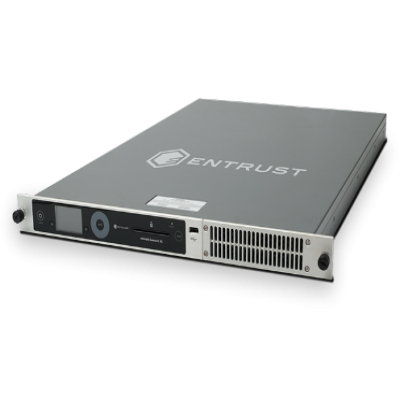
Enhancing Security: The Power of Secure Hardware Modules
Security is a paramount concern in the digital age, and advancements in technology continuously strive to fortify our defenses. Secure hardware modules emerge as a potent solution, providing an extra layer of protection for sensitive data and critical systems. In this article, we explore the significance of secure hardware modules and their transformative impact on digital security.
Understanding Secure Hardware Modules
Secure hardware modules are dedicated hardware components designed to enhance the security of a system. These modules are often integrated into devices and systems to safeguard sensitive data, cryptographic keys, and critical functionalities. Unlike software-based security measures, secure hardware modules operate at the hardware level, offering a higher level of resistance against various cyber threats.
The Role of Cryptographic Key Storage
One of the primary functions of secure hardware modules is the secure storage of cryptographic keys. Cryptographic keys are essential for various security protocols, including encryption and digital signatures. By storing these keys within a secure hardware module, the risk of unauthorized access or key compromise is significantly reduced, strengthening the overall security posture.
Protecting Against Physical Tampering
Secure hardware modules provide a robust defense against physical tampering and attacks. These modules are designed with tamper-resistant features, making it extremely difficult for attackers to gain access to sensitive information or manipulate the module’s functionality. Physical security is a crucial aspect of comprehensive cybersecurity, and secure hardware modules play a vital role in this regard.
Securing Authentication Processes
Authentication is a critical aspect of digital security, and secure hardware modules contribute to its enhancement. By storing authentication credentials and mechanisms within a dedicated hardware component, the risk of credential theft or unauthorized access is minimized. This is particularly important in scenarios where strong authentication is essential, such as in financial transactions or access to sensitive systems.
Integration with Trusted Execution Environments
Secure hardware modules often integrate with trusted execution environments (TEEs) to create secure enclaves within a system. TEEs provide isolated spaces where sensitive computations can occur without being accessible or compromised by the main operating system or other applications. This isolation ensures the confidentiality and integrity of critical processes.
Enhancing System Integrity and Firmware Security
Maintaining the integrity of a system’s firmware is crucial for preventing unauthorized modifications or attacks. Secure hardware modules contribute to firmware security by verifying the integrity of firmware components during the boot process. This ensures that the system starts with trustworthy firmware, reducing the risk of firmware-level exploits or compromise.
Applications in IoT Security
In the realm of the Internet of Things (IoT), security is a pressing concern. Secure hardware modules find extensive applications in securing IoT devices and networks. These modules protect IoT devices from unauthorized access, data breaches, and manipulation, fostering a more secure and trustworthy IoT ecosystem.
Future Innovations and Advancements
As technology continues to evolve, so too will secure hardware modules. Future innovations may include advancements in tamper-resistant designs, integration with emerging technologies like quantum computing, and enhanced interoperability with diverse systems. The ongoing development of secure hardware modules is essential for staying ahead of evolving cyber threats.
Considerations for Implementation
While the benefits of secure hardware modules are clear, successful implementation requires careful consideration. Factors such as compatibility with existing systems, scalability, and adherence to industry standards should be evaluated. Organizations looking to bolster their security should conduct thorough assessments before integrating secure hardware modules into their infrastructure.
Embracing a Secure Digital Future
In conclusion, secure hardware modules play a crucial role in fortifying digital security across various domains. From protecting cryptographic keys to securing IoT devices, these dedicated hardware components contribute to creating a resilient and trustworthy digital future. As technology advances, embracing the power of secure hardware modules becomes a proactive step toward mitigating evolving cyber threats.
For more information on secure hardware modules and their transformative impact on digital security, visit ITCertsWin. Explore the cutting-edge solutions that secure hardware modules offer and take a proactive stance in enhancing your organization’s cybersecurity.




